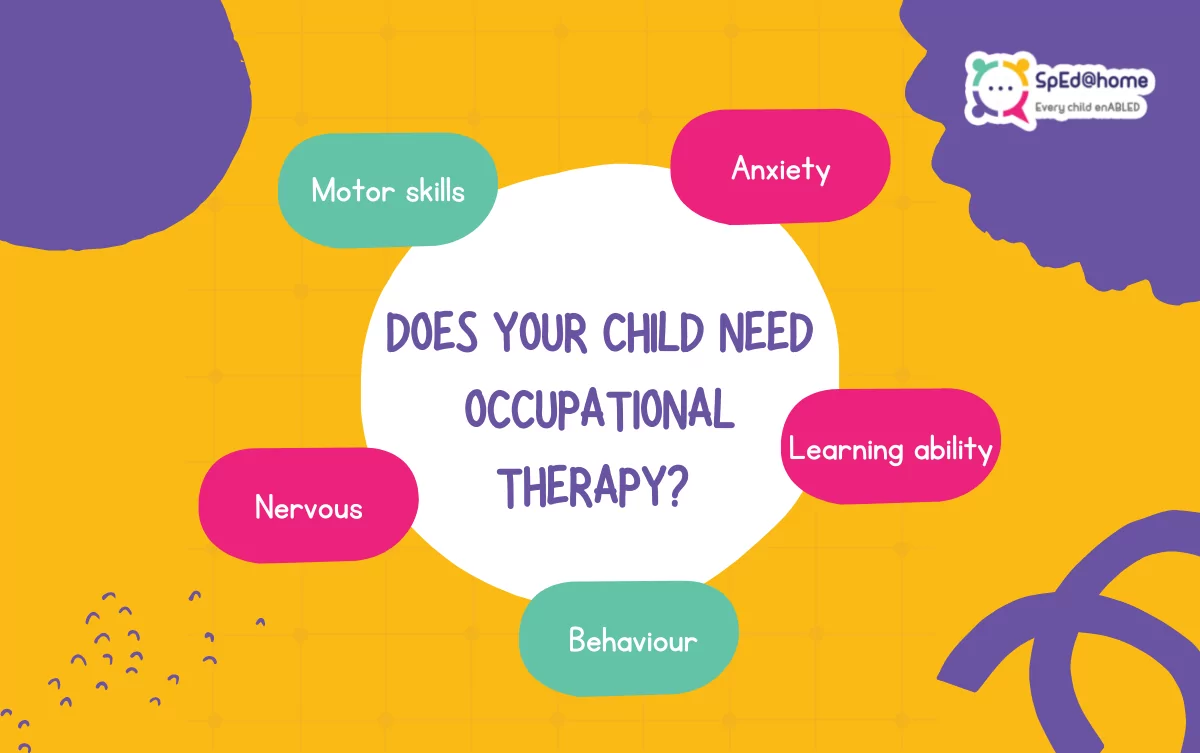Behavioral & Emotional Assessment (2025)
This evaluation explores emotional wellbeing and behavioral patterns, helping to identify issues such as anxiety, depression, defiance, or aggression. It guides interventions and mental health support.
$
200.00
Buy Now
Emotional state assessed
Behavioral patterns studied
Fun worksheets
Therapist input included
Language
EN
Duration
37 min
Ages
6-13
Reviews
96
Ratings
4.9
FAQs
What is assessed in this evaluation?
Emotional regulation, mood, social behavior, and impulse control.
Who should take this test?
Children with mood swings, aggression, sadness, or anxiety.
What tools are used?
Behavior checklists, interviews, and emotional screening tools.
Will this help in therapy?
Yes, it guides therapy and behavioral strategies.
Can this help with school behavior issues?
Absolutely, schools use it to support behavior plans.
Is it confidential?
Yes, results are shared only with parents and consented parties.
Can it diagnose emotional disorders?
It supports diagnosis like anxiety or depression when clinically indicated.
How long does it take?
Usually 60–90 minutes.
Is parental input included?
Yes, it’s essential for accurate insight.
Is this stressful for the child?
No, it’s conversational and age-sensitive.

Understand Emotions. Support Behavior.
Screens anxiety, depression & mood issues
Identifies triggers for meltdowns or withdrawal
Differentiates emotional from behavioral concerns
Informs mental health & therapy plans
Builds emotional regulation strategies
$
200.00
Buy Now
What your child will be assessed for?
Emotional Understanding
Recognizing and labeling one’s emotions.
Mood & Affect
Observing mood stability and emotional expression.
Social Communication
Interaction and engagement with others.
Structured Behavior
Ability to follow routines and rules.
Frustration Tolerance
Handling difficult tasks without emotional outbursts.
Peer Relationships
Making and maintaining age-appropriate friendships.
Self-Esteem
Confidence and self-image.
Behavioral Triggers
Identifying causes of challenging behaviors.
Attachment & Trust
Building safe and healthy adult-child bonds.
Coping Skills
Managing change, stress, or conflict.

